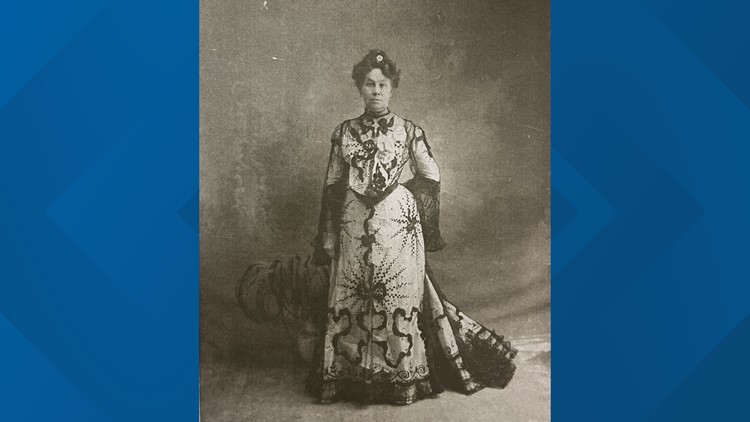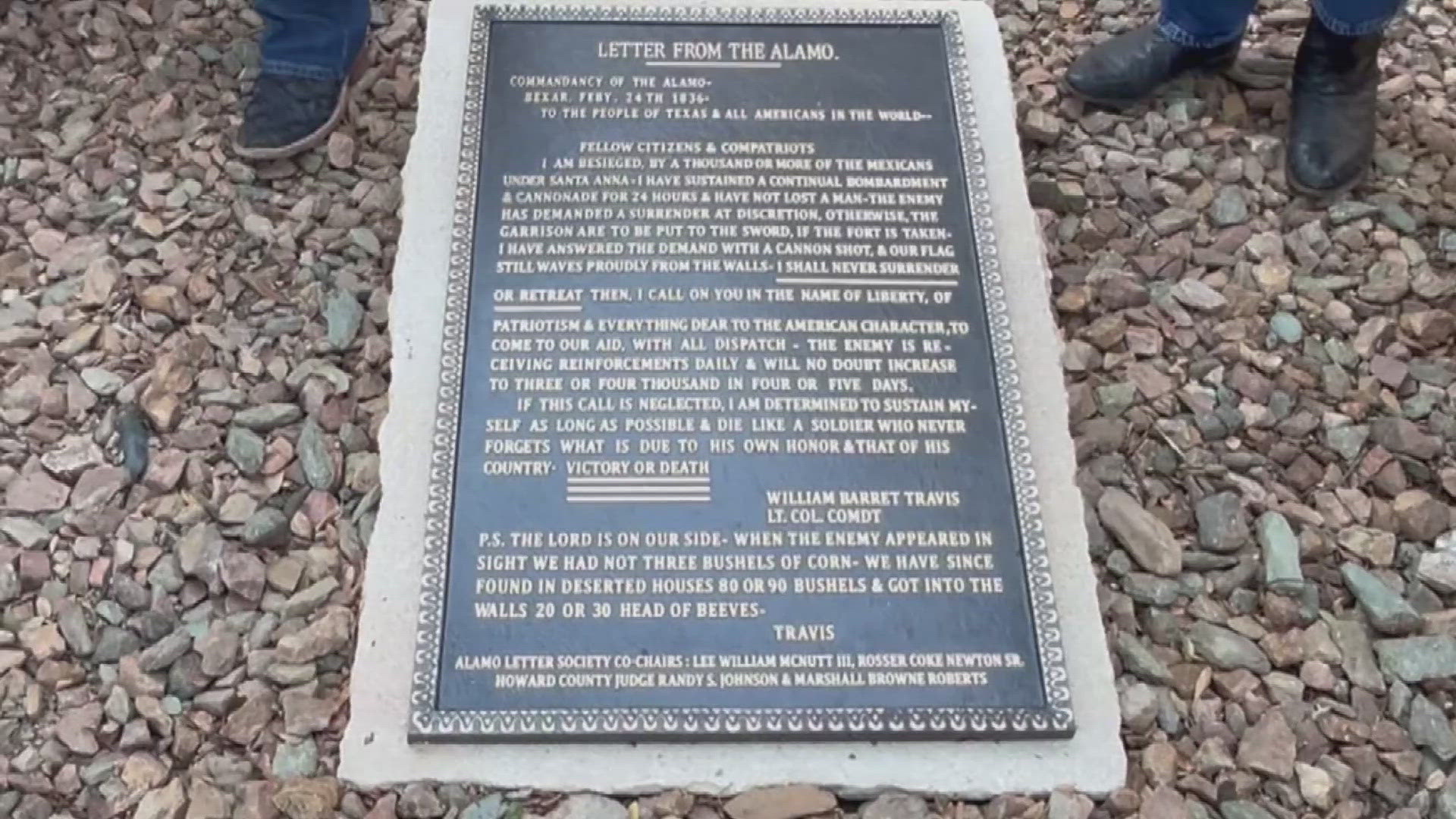MIDLAND, Texas — If you had a time machine that took you to the early days of Midland, a woman named Marie Riggs might stand out to you.
“She dressed rather queenly,” Midland Historical Society President Jim Collett said. “I mean she dressed to the nines, big diamonds and all this stuff. [...] So she would wear, at the time, long dresses but not like a frontier woman dress if you think about the kind of pictures on the farm or something. It would be like a very elegant dress. [...] She had more diamonds if she had more fingers to get them on. So you can imagine her with multiple rings. So very, very ostentatious. Very clearly saying ‘I have money.’”
But don’t judge a book by its glamorous cover.
“She looked almost like she would be a big snooty lady, but in fact, she was-- from what we can find from the record-- she was actually very nice,” Collet said. “When the newcomer to town said, ‘who is the Queen of Sheba?’ being kind of sarcastic and they [the townsfolk] go, ‘Well, I'm sorry, that's Marie Riggs, and she is the Cattle Queen of the West.’”
A nickname she earned not only by being stylish.
“She was one of the few women in the early 1900s who ran her own cattle business,” Collett said. “She had been married to a cattleman, and when he passed away, normally the women would turn over to say a foreman.”
But Riggs wasn’t your typical early 1900s woman.
“She wanted to run her own business,” Collett said. “And so she set up a cattle business in [the] southeastern New Mexico area [with her 1,200 head of cattle] and made Midland her headquarters.”
Midland became a lot more than just her headquarters, it became her home.
“She was an important member of the Methodist church here at the time, the one that's grown into First Methodist,” Collett said.
She even gave a generous donation to the church as large as many other wealthy Midlanders would.
However, her kindness didn’t stop at the church.
“[She was a] very prominent community person,” Collett said. “Her kindness to people, just being part of a very small community, think of Midland in 1900 or 1900s, very, very small place so everyone knew pretty much everyone.”

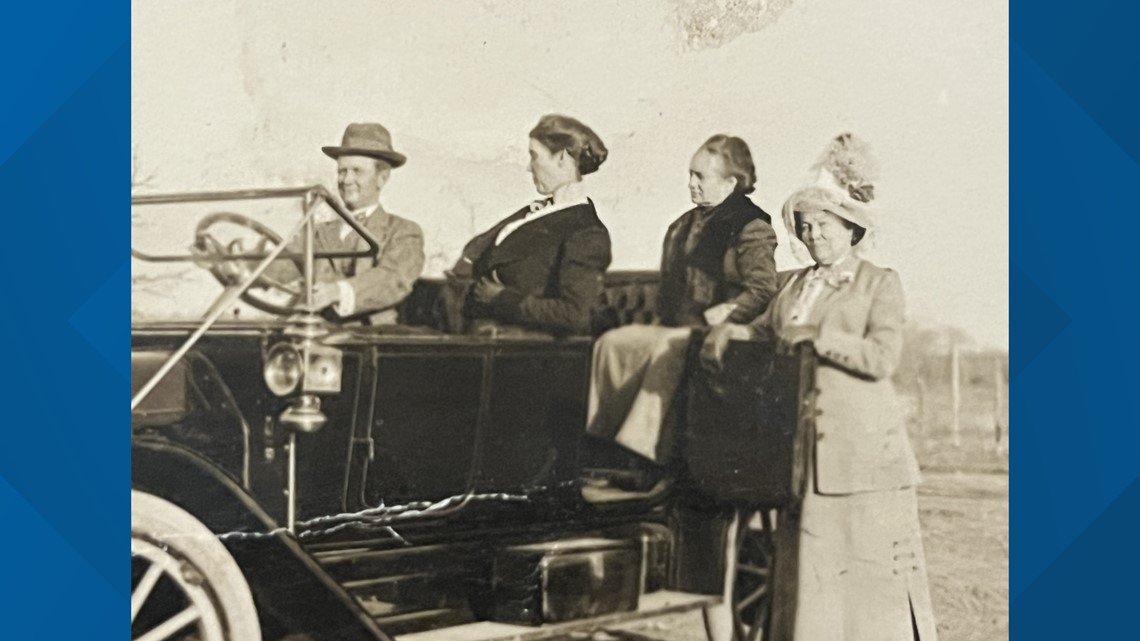
And let’s just say mostly everyone knew, and loved, Mrs. Riggs.
As said in the Pioneer History of Midland County, “An account of the early days in Midland would not be complete without mention of Mrs. Marie Riggs. [...] She had a nice personality and everyone liked her.”
A founding member and one of the only women of the early Cattle Ranchers Association, Marie Riggs was far before her time, especially back in the early 1900s.
“Women did the work too, certainly on a small ranch,” Collett said. “I'm sure many wives, I know in the farming world, would work in the field. They probably helped their husband, but they didn't get paid. [...] The wives worked hard, but they didn't get that same recognition. And so she was one of the first to still run her own business as the boss.”

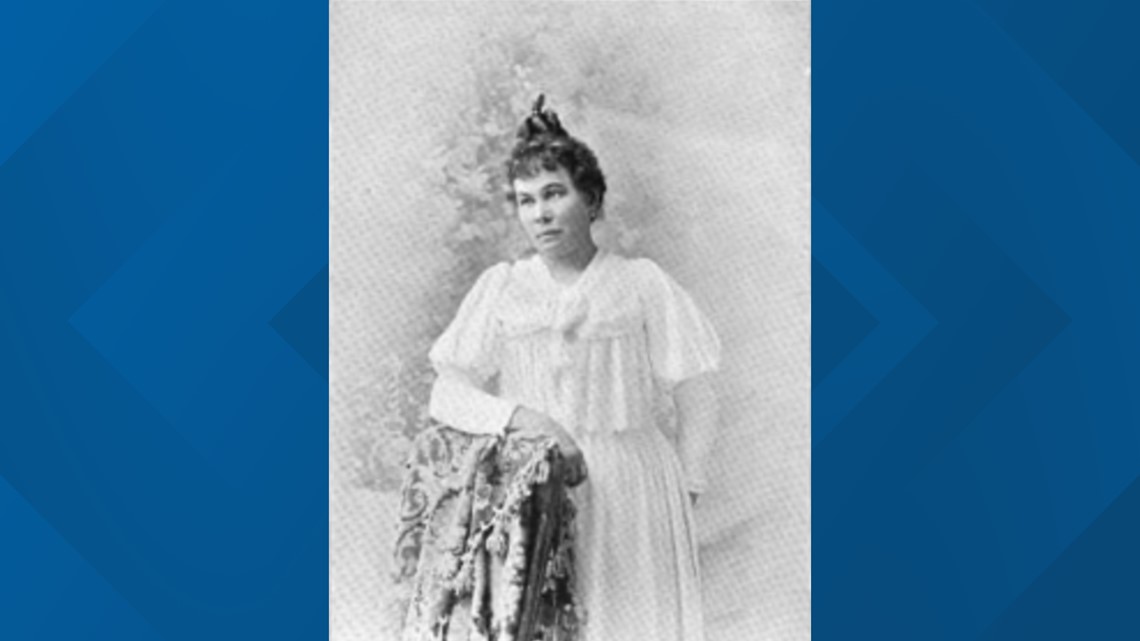
Setting a standard for many women in the Permian Basin to come.
But she didn’t just affect women in West Texas, because when you’re a queen of anything, chances are you have some royal friends.
“She met the Queen by the way,” Collett said. “She met Queen Victoria, she traveled quite widely. She met Kaiser Wilhelm and his wife.”
Living that royal life, while also calling the Tall City home.

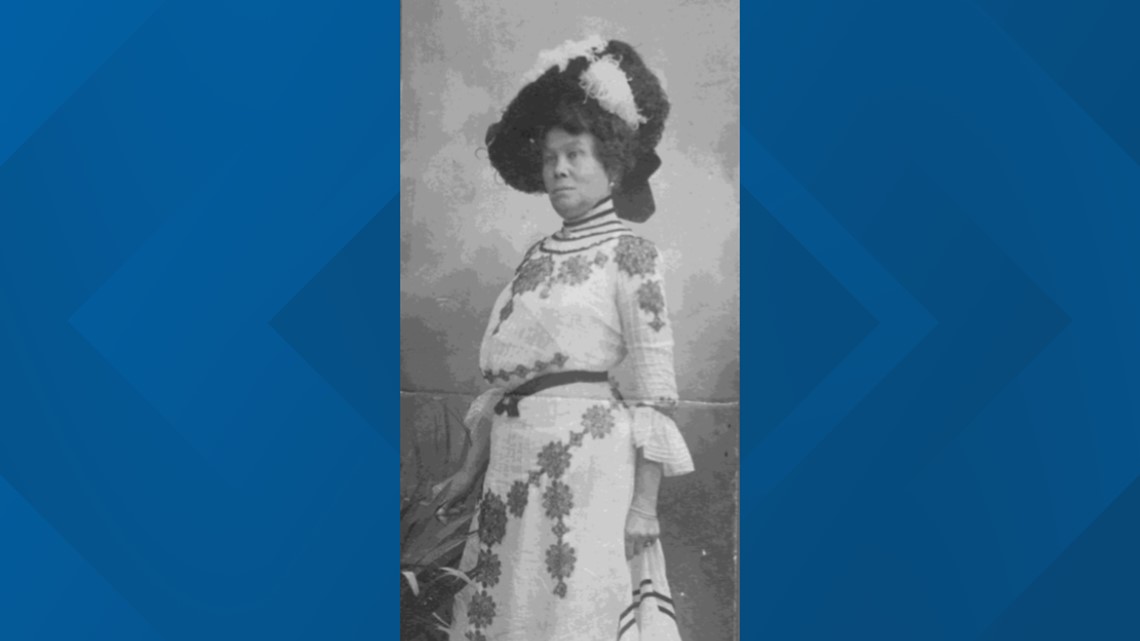
Riggs passed away from appendicitis in 1920 in Mineral Wells, Texas, but not before she left one more decree as Cattle Queen of the West.
“When she passed away she actually left part of her land to the Methodist Church,” Collett said. “And what the church does when they're given legacies like that, then they they can sell that land and that money helps the church.”
Riggs left a glamorous legacy not just in the cattle industry but for women and Midland as a whole.
All while not letting that glamour get to her head.
To learn more about the early days of Midland, visit the Sea of Grass exhibit at the Midland County Historical Museum.


